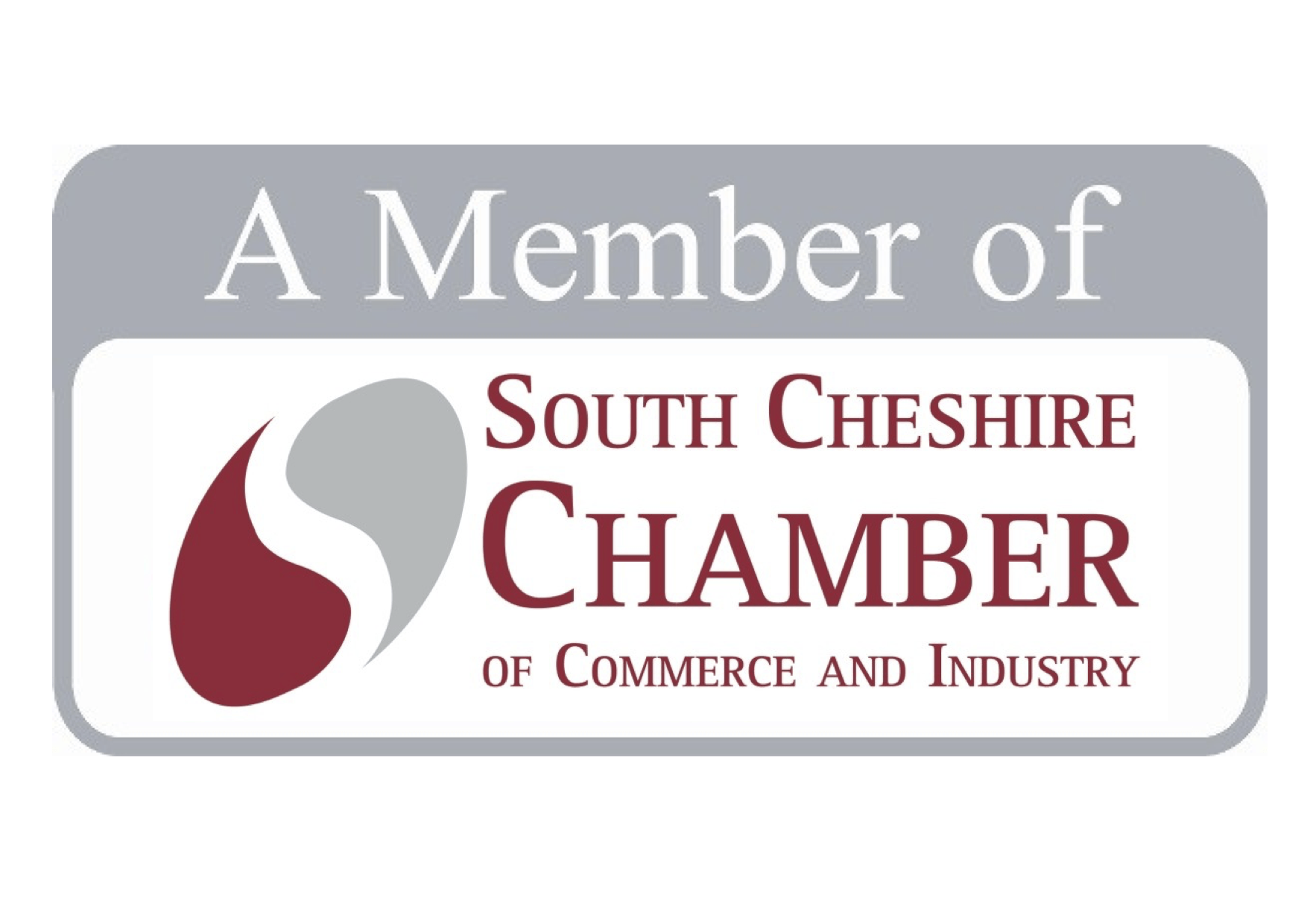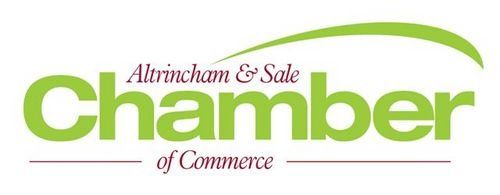Is Mediation for Insolvency Practitioners and Lawyers or just for wimps? Mark Whittell tells us more...
Mark Whittell • 12 October 2020
Why insolvency practitioners should use mediation
While I appreciate that many lawyers still feel to suggest mediation is a sign of weakness in their case, that is quite simply wrong, it is just common sense. In any event experienced litigators know there are ways of engineering a mediation without showing weakness. Mediation provides a quick and commercial settlement and takes away the risks of any litigation. What more could an IP want?
Below I deal with some frequently asked questions to enable the practitioner to have a better understanding of the mediation process before going on to look at how it can be used in insolvency situations.
What is mediation?
It is a confidential and flexible process conducted by a neutral person who helps parties towards a negotiated agreement of a dispute during which the parties retain the ultimate control of the decision to settle and the terms of the resolution.
Practically mediation is an excellent method for settling any dispute quickly, commercially and without the cost, time and risk associated with the litigation process.
However, to maximise the benefit of the process it is not a case of simply sitting back and allowing the process to envelop you, but having a "game plan"
What is the role of the mediator?
He is there to facilitate a settlement of your case. He will not adjudicate on the merits or provide a judgment, but will work towards an agreed settlement.
A mediator starts the process by discovering the facts, before moving to reality test the merits of their case with the parties. He will look at the costs that have been incurred and will be incurred going to trial and the best case and worst case scenarios. Only then will he start to explore ideas for settling the case before moving to record the terms of settlement.
What are the advantages of mediation?
For the insolvency practitioner I believe there are three major advantages, namely:
- Speed
- Cost
- Risk
A mediation could be organised in a day, but realistically can be organised within seven days if the parties want a speedy resolution to a dispute. The process normally takes a day. This is in comparison to the court process which can take from 12 to 18 months, if all goes well, and a court hearing that could turn into weeks.
Cost comparisons will vary depending on the size nature of the case. In terms of the mediation, the mediator will charge in an average case something in the region of £1,250 plus VAT per party. If the mediation lasts for over 8 hours the mediator will charge a further £150 per hour per party. Contrast this to the hourly charge out rate that you pay to your solicitor and the length of the proceedings and the trial where for a case with a 3 day hearing you will be billed in excess of £50,000. There will be significant cost savings.
Mediation puts you in control of the risk of losing and the adverse costs order. There are two sides to every story. One party is going to lose. The Judge is going to have to form a view of the parties and how they perform in the witness box. He is going to have to find for one party and the losing party always feels that he got it wrong. You assess the risks of your own case. You find out the strengths of the oppositions case. Then you can take a view of the "risks of litigation" and negotiate a settlement around that risk and the cost of proceeding to trial.
What are the disadvantages of mediation?
None.
The downside is that you will have had to pay for the costs of the day of the mediation.
However, if you have used the mediation process to its full extent, you will have had the opportunity to reassess the merits of your own case with an independent third-party, while at the same time you will have found out the strengths and weaknesses of your opponents case. This inevitably leads to narrowing the issues as you go forward and saving of time and cost.
What is the role of mediation in insolvency proceedings?
Mediation should be used by the office holder to maximise realisations for the creditors at the least risk
All reading this article will be aware of the costs of litigation and the risks associated with it. Even if the case is successful at trial there are still the problems of enforcement, often against an individual who has given personal guarantees to others to support the failed company.
Mediation provides the opportunity to settle the case. The mediator will ensure that the defendant's very best offer is available to you. Having prompted the mediator throughout the day to probe and discover the strengths and weaknesses of the defendant's case, while having listened to the mediator's own analysis of your case, which will have included an analysis of the cost and percentage chances of success, you will have to hand all the information you need to perform a cost risk benefit analysis.
Having undertaken mediation you are in a position to accept the defendant's offer, which you can justify to the creditors, or decide to risk the cost and time of proceeding to trial in the full knowledge of all the relevant facts.
What type of insolvency case is suitable?
The simple answer is that any dispute or conflict which arises within the case.
Any litigation involving the company or the bankrupt prior to appointment can be resolved through mediation.
Below I list some examples where I have also seen mediation used to resolve claims involving the office holder:
- Transactions at an undervalue
- Transactions defrauding creditors
- Preferences
- Misfeasance claims
- Recovery of directors loans
- Claims by the wife relating to the ownership of the matrimonial home
- Retention of title claims
Conclusion
Mediation is a quick and cost effective method of resolving disputes. In the recovery of any asset or litigation it should be at the forefront of the IP's mind to maximise realisations of the assets for the creditors

We like to think we will always be around. Unfortunately, our inability to confront our own mortality can have a disastrous effect on those closest to us and our businesses. All businesses need to deal with succession, but farming families are particularly vulnerable to the effects of failing to deal with succession. Why is succession planning so important within farming? One of the main reasons is that children are often involved in working on the family farm and there is this unwritten understanding that one day all of this will be yours. Farming families are also notorious for not having partnership agreements in place, which again can leave the business open to potential disputes over the ownership of the business and its assets. Issues within farming One of the most common disputes that arise in farming families from a lack of succession planning is a proprietary estoppel claim – briefly put this is where: A representation, promise, assurance or other encouragement by the defendant giving rise to an expectation by the claimant that he/she would have a certain proprietary interest. There is reliance by the claimant upon that expectation. Finally, the claimant suffers a detriment in consequence of his/her reasonable reliance on the promise. When can mediation help? During the planning discussions Getting to the actual discussion about succession is often the first hurdle. Farmers are often so busy running the farm that they don’t have time to think about succession planning and for many people having this sort of discussion doesn’t come easy. Family members don’t want to rock the boat – children don’t want to disappoint their parents by admitting they don’t really fancy running the farm. Parents may feel that they are forcing their children into running the farm, but then equally children can be insensitive with their new ideas for the farm, which can often lead to disputes with their elders. Having an open and honest conversation as early as possible – and before a problem arises, is the best course of action. The children may not want to carry on the farm, but by knowing this the parents can plan for their retirement and have something to aim for. Sometimes these discussions will get out of hand. Heated debate may take place and people may get offended and upset. Mediation enables an independent third party to come in and speak with all of those involved. The mediator can: Explore the goals of each family member and what they want to achieve Facilitate conversations between family members so that they understand what others feel and want Enable the family to come up with a way forward together Where no discussions have taken place and litigation ensues Proprietary estoppel cases are fuelled with emotion and often to lead to lengthy, bitter and very expensive litigation. Whist there are practical steps you can take to avoid claims such as avoiding making promises and succession planning, this isn’t always the case. If faced with a claim for proprietary estoppel the parties should consider the use of mediation over litigation as the advantages of using mediation include: Confidentiality – farming communities are small, and these cases are ripe for local gossip and media attention. Cost – a mediation costs between £1500 - £3000 per party vs legal costs of around £100,000 if it went to trial. Speed – the mediation can be arranged within a few weeks and dealt with in one day - in comparison to the time it will take to bring the matter to trial (at least a year) and a possible 3 to 5 day hearing. The parties decide on the solution rather than a Judge making a decision (which often suits neither party).

Despite popular opinion they are not something which should be only considered in later life, or at the onset of an illness but right now to ensure your wishes will be respected should you lose mental capacity, be that temporarily or indefinitely. Lasting Powers enable you, the donor, to appoint someone you know and trust to act in your best interest, when you are unable to do so. Their purpose is to promote your independence. Most attorneys will be appointed family members – children and grandchildren. Families do not always agree on things, and this will be no exception when it comes to making decisions as an appointed attorney. What can cause issues? • Underlying family tensions o The initial appointment of the attorney(s) may have exacerbated tensions between family members, with some questioning why they were only appointed as replacement attorney for example. • Lack of consensus of agreement between attorneys • Lack of agreement between attorney(s) and other family members • Lack of agreement/consultation between attorneys, family members and medical professionals • Lack of inclusion/consultation with the donor What kind of disputes can arise? • Accommodation decisions • Financial management • Property management • Care/treatment decisions • Gifts Family disputes can increase the risk to the donor as the disputes may mean that not all decisions are being made in the donor’s best interests, which can have a negative effect on the donor’s care, health and wellbeing. The Court of Protection and the Mental Capacity Act Code of Practice encourage those involved in an attorney dispute to attempt mediation. The mediator must have regard to the Mental Capacity Act 2005 (“MCA”), and one of the areas where mediation helps rebalance the power between donor and attorney(s) is that any settlement must comply with Section 4 of the MCA: “a decision made for a person who lacks capacity must be made in the best interests of that person” Mediation is ideal when people are not communicating well or not understanding each other‘s point of view. It can improve relationships and stop future disputes, so it is a good option for attorneys as it is in their interest to maintain good relationships in the future. Mediation • ensures issues are addressed in the best interests of the donor • involves the donor and takes into account their wishes and feelings • supports the donor in making decisions • enables parties to communicate effectively and understand each other’s points of view • likely cheaper than going to the Court of Protection

The latest Arcadis Global Construction Disputes Report 2020 has revealed that the average time taken to resolve construction disputes in the UK has fallen by 23% to just 9.8 months (previously 12.8 months). This reduction in time doesn’t correspond to a reduction in the average value of disputes, which have remained constant. So why is the average length of dispute in the UK the lowest in the world? The report looked at how the UK deals with its construction disputes with the top 3 most common methods pf resolving a construction dispute being: 1. Adjudication 2. Party to Party negotiation 3. Arbitration So why doesn’t mediation make the top 3? Mediation has lost its place in the top 3, having been overtaken by Arbitration – most likely due to the introduction of new low-cost schemes, such as the Chartered Institute of Arbitrators’ Business Arbitration Scheme. Efforts have been made to encourage the early use of dispute resolution in the construction sector – such as the Construction Industry Council’s Model Mediation Agreement and Procedure, but this doesn’t seem to have made much of an impact. Mediation offers a lower cost and a quicker option to those involved in the construction industry, so perhaps in time and with ongoing education as to the benefits more will come to use it. Whatever the method – alternative dispute resolution is here to stay, and the construction industry success certainly serves as a shining example.







